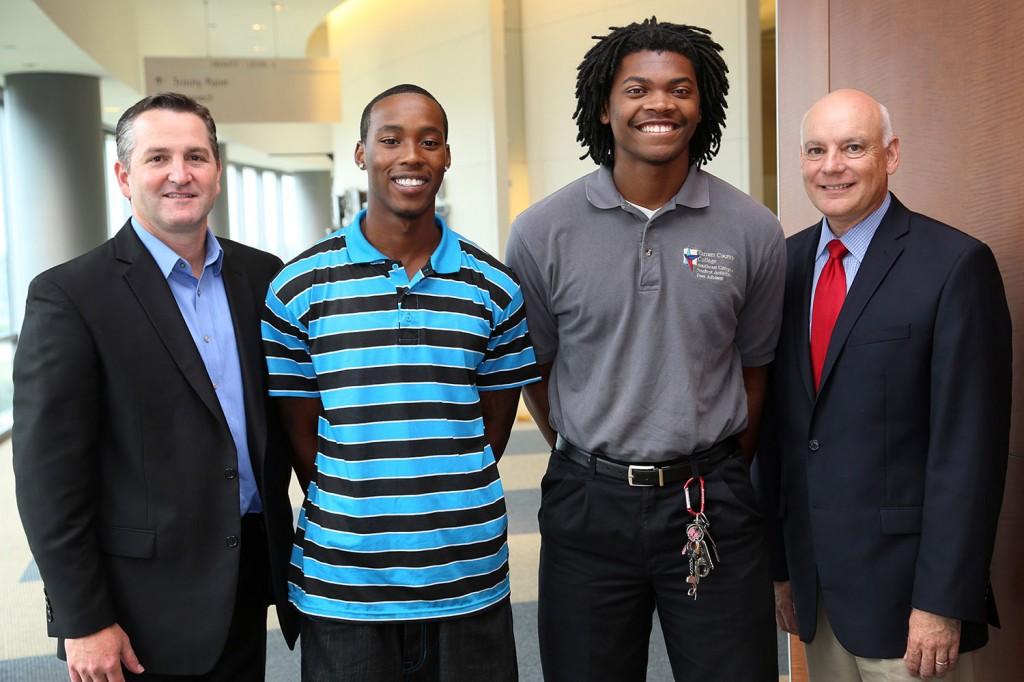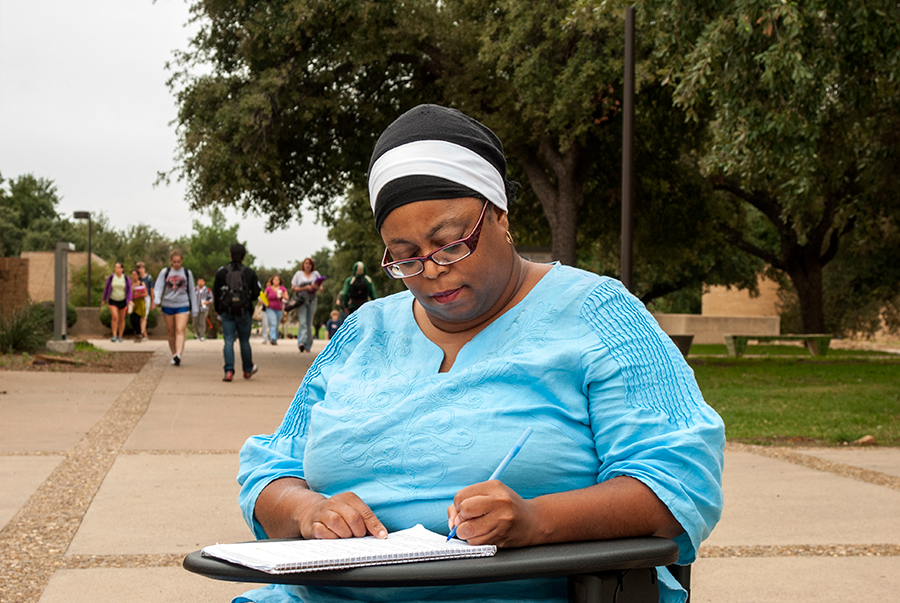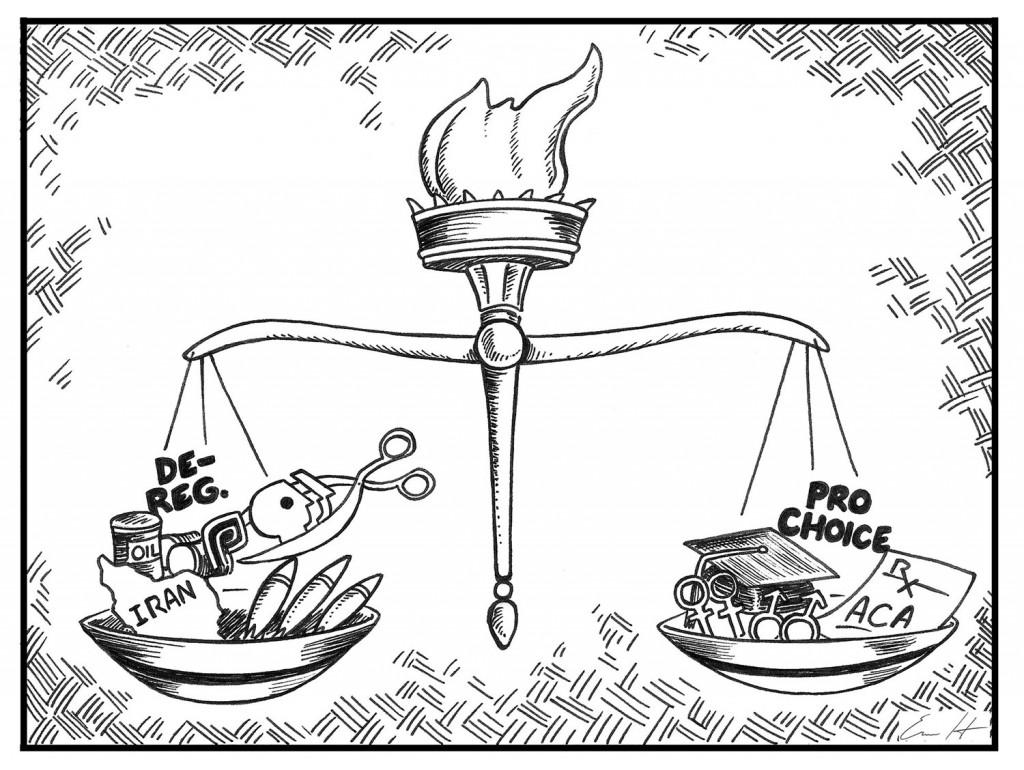To align one’s self to a political party is a good thing. It’s American.
To blindly cast your vote for that party’s candidate each election without digging deeper into their platform can be detrimental to a democracy.
Moral values are important ideals to many Americans, and they are good qualities to look for in a candidate. However, these issues normally take a backseat once the winning candidate gets sworn in, and many of them are left up to the states to decide.
These issues rarely affect society as a whole during a presidential term. Voters need to look deeper into the policy proposals for each candidate before they go to the polls and check the box of the candidate who is against, say, gun control.
Take the tax plans from each candidate this year, for example. Mitt Romney proposes a 20 percent tax cut across the board and plans to make up the difference by limiting deductions and cutting out loopholes. Barack Obama proposes that the Bush tax cuts will stay in place except for those who make more than $250,000 a year, who will be taxed more. These are two completely different proposals.
People who go to the polls without researching these issues not only hurt themselves but also unwittingly hurt society as a whole.
For example, people who vote for Romney simply because he supports a pro-life agenda may end up disappointed at tax time when they realize they cannot deduct many of the things they are used to.
The same thing applies with Obama. Voting for him because of his environmental policies may leave people disappointed when they realize that they received a tax hike because they are in a higher tax bracket.
The bottom line is, for a democracy to work effectively, people must be informed. With today’s biased, sound-byte media, that means doing their own research to make an intelligent, informed decision when heading to the polls. People need to step outside their comfort zone and think critically, or they may just get what they wish for.

























